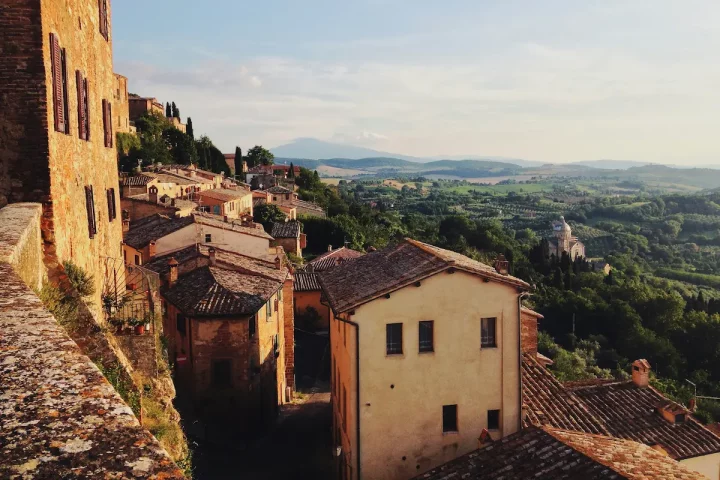Italy, with its charming landscapes and rich history, attracts not only tourists but also those looking to invest in real estate. The Italian real estate market offers diverse opportunities for buyers, from luxurious villas in Tuscany to modern apartments in bustling cities like Milan and Rome.
Owning property in Italy is not just about having a vacation home; it’s about embracing a lifestyle enriched with culture, cuisine, and scenic beauty. For many, the dream of owning a piece of Italy represents both a valuable investment and a personal sanctuary.
Legal requirements for Americans purchasing property in Italy
For Americans interested in purchasing property in Italy, it’s important to understand the legal requirements. The principle of reciprocity between the U.S. and Italy allows Americans to buy property in Italy, as long as Italians can do the same in the U.S.
The first step involves following the necessary requirements, including opening a bank account in Italy and applying for an Italian tax code (codice fiscale).
The property acquisition process in Italy involves several key steps, starting with making an offer to the seller, with your agent assisting in the process. Once a price is agreed upon, a preliminary agreement (compromesso) is signed.
At this point, or along with the offer, a deposit of 10-30% is paid. This is followed by due diligence, where the buyer’s notary (notaio) ensures the property is free from legal issues.
The final contract (atto di vendita) is then signed in the presence of a notary, during which the remaining balance is paid, and the property is officially transferred to the buyer’s name. While the process may seem complex, the right guidance can make it manageable.
Costs associated with purchasing property in Italy
When buying property in Italy, it’s essential to factor in the various associated costs. One of the primary expenses is the transfer tax (imposta di registro), which varies depending on whether the property is classified as a primary residence or a second home.
For primary residences, the tax is typically 2% of the cadastral value, while for second homes, it’s around 9%.
Additionally, buyers must pay VAT (IVA) if purchasing from a developer, which is usually 10% for secondary residences and 4% for primary residences. Other costs include annual maintenance, property taxes, and municipal fees, which can add to the overall budget.
Take advantage of specialized assistance to secure your passport for a borderless future.
Advantages of Italian citizenship when acquiring property
Having Italian citizenship can offer several advantages when buying property in Italy. Citizens may benefit from reduced prices and easier access to financing options. Additionally, dual citizens often find the bureaucratic processes simpler, as they have a deeper understanding of the legal and cultural nuances. This familiarity can make the property purchase experience more seamless and less stressful.
Italian citizens also have the advantage of staying in Italy for extended periods without visa restrictions, making it easier to manage and enjoy their property year-round. These benefits can make a significant difference in the overall experience of owning property in Italy.
Challenges faced by foreigners in the purchase process
Foreigners often face several challenges when buying property in Italy. Language barriers can complicate negotiations and the understanding of legal documents. Cultural differences in business practices and communication styles can also pose difficulties.
Navigating these challenges requires patience, persistence, and often the assistance of professionals who are well-versed in the Italian property market. Building a reliable team of advisors, including real estate agents, notaries, and legal experts, can help overcome these obstacles.
How io.citizen can assist in this process
Services like those provided by io.citizen can be invaluable for Americans looking to obtain Italian citizenship. Specialized agencies can offer comprehensive support, guiding applicants through the complex legal and bureaucratic processes involved in citizenship application.
Their services allow applicants to fully embrace the Italian lifestyle with confidence, knowing that all legal aspects are handled professionally. Whether you’re planning to work, study, or reunite with family in Italy, io.citizen can make the dream of obtaining Italian citizenship a reality.






